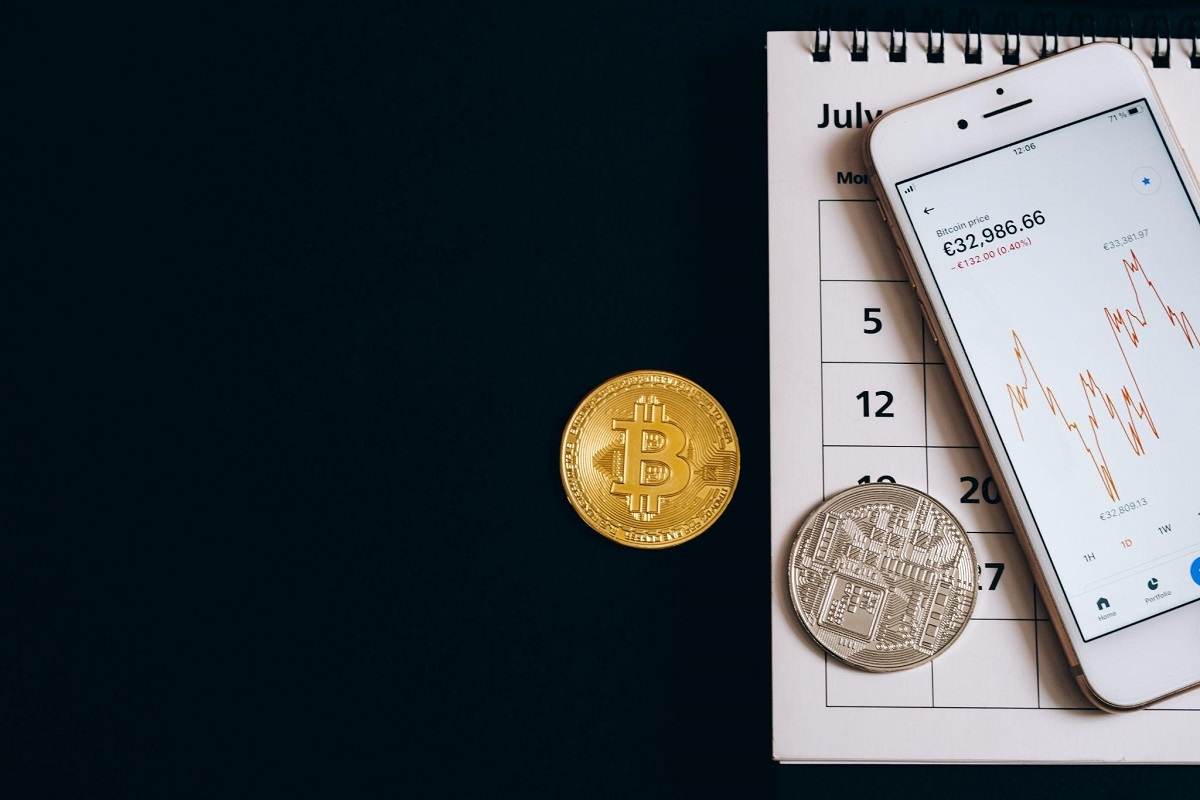A digital asset known as cryptocurrency runs without the help of a central bank. It is based on blockchain technology, a distributed ledger that is decentralized and records transactions across numerous computers simultaneously. Software applications known as cryptocurrency wallets are used to store and manage your digital currency holdings. Know more about 1k DailyProfit App by clicking here.
In order to access your digital currency, you must have your crypto wallet keys. Keep your keys safely stored away to avoid theft or loss. We’ll go through the many kinds of crypto wallet keys, the dangers of improper key storage, and some best storage methods in this article.
Table of Contents
Types of Crypto Wallet Keys
There are three types of crypto wallet keys: public keys, private keys, and seed phrases. Public keys are like your bank account number. They allow others to send cryptocurrency to your wallet, but they can’t access your funds. Private keys are like your bank account password. They allow you to access and manage your cryptocurrency holdings. Seed phrases are a group of words that can be used to recover your wallet.
Risks Associated with Poorly Stored Crypto Wallet Keys
If your crypto wallet keys are not securely stored, you run the risk of hacking, theft, or loss. Hackers can gain access to your private keys by stealing them or hacking into your computer or mobile device. Thieves can physically steal your hardware wallet or access your seed phrase if it’s not stored securely. Loss can occur if you forget your private key or seed phrase.
Tips for Safe Storage of Crypto Wallet Keys
Here are some tips for safely storing your crypto wallet keys:
Use a hardware wallet
A hardware wallet is a physical device that stores your private keys offline, making them less vulnerable to hacking. Popular hardware wallets include Ledger Nano S, Trezor, and KeepKey.
Create backups
Backups are essential in case your hardware wallet is lost or damaged. Make sure to store your backups in a secure location, such as a safe deposit box or a fireproof safe. You can also create digital backups on encrypted storage devices or cloud services.
Use a password manager
Password managers can help you create and store complex passwords for your crypto wallet and other accounts. Popular password managers include LastPass, Dashlane, and 1Password.
Consider a multi-signature wallet
A multi-signature wallet requires multiple signatures to authorize transactions, making it more secure than a single-signature wallet. Popular multi-signature wallets include BitGo and Copay.
Best Practices for Securing Your Crypto Wallet Keys
Here are some best practices for securing your crypto wallet keys:
Keep your keys offline as much as possible
The safest way to store your crypto wallet keys is offline. Hardware wallets are an excellent option for this, but you can also create paper wallets or use a computer that’s not connected to the internet.
Never share your private keys or seed phrases with anyone
Your private keys and seed phrases are like your bank account information, and you should never share them with anyone. If someone gains access to them, they can steal your cryptocurrency.
Use a strong password and two-factor authentication
Make sure to use a strong password for your crypto wallet and enable two-factor authentication if possible. This adds an extra layer of security to your account.
Stay up to date with security best practices and updates
Finally, make sure to stay up to date with the latest security best practices and updates for your hardware wallet and software programs. Follow security blogs and forums to stay informed.
Conclusion
In conclusion, maintaining the security of your digital assets requires that you protect the keys to your crypto wallet. Keys that are not properly stored can be the target of hacking, theft, or loss, all of which can cause considerable financial losses. You may dramatically lower the chance of losing your crypto wallet keys by using hardware wallets, making backups, employing password managers, and thinking about multi-signature wallets. In order to ensure that you are always secured against the most recent attacks, it is also crucial to stay up to date with security best practices and upgrades. You can securely keep your crypto wallet keys and feel at ease knowing that your digital assets are protected by adhering to these best practices and guidelines.

Alex is fascinated with “understanding” people. It’s actually what drives everything he does. He believes in a thoughtful exploration of how you shape your thoughts, experience of the world.



